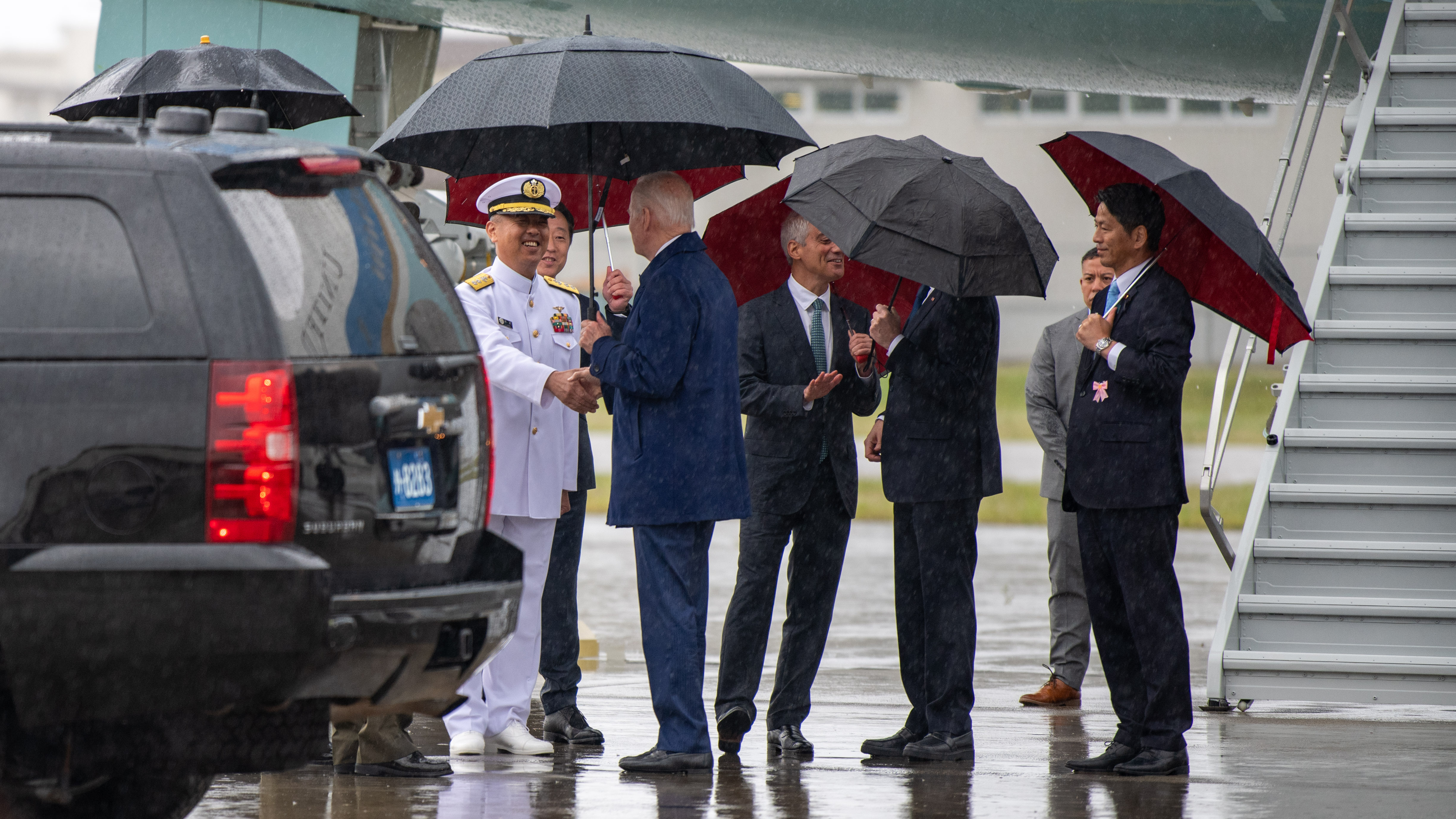The upcoming official visit of Japanese Prime Minister Fumio Kishida to the White House on Wednesday is poised to mark a significant advancement in U.S.-Japan relations. A senior administration official has indicated that President Joe Biden and Prime Minister Kishida will unveil a series of over 70 programs and initiatives, heralding a new era in the bilateral alliance between the two countries.
These initiatives are expected to deepen defense ties and promote cooperation with other allies, enhancing Japan’s defense capabilities through the acquisition of Tomahawk land attack missiles from the U.S. Additionally, there are plans for joint development and potentially co-production of critical military and defense equipment, signaling a robust collaboration in the defense sector.
Beyond defense, the summit will also address cooperation in space exploration, artificial intelligence, quantum computing, and climate change, showcasing the multifaceted partnership between the U.S. and Japan.
This collaboration comes at a time when both Tokyo and Washington are keen on preventing Beijing from asserting dominance in the Indo-Pacific region. Japan, under Kishida’s leadership, has taken significant steps in its foreign and security policies, aiming to deter the influence of an authoritarian China in the region. These include planning for American and Japanese military commanders to work alongside each other in Tokyo and increasing technological cooperation with the AUKUS security pact.
The summit will further emphasize the strategic partnership through a trilateral summit involving Japan, the U.S., and the Philippines, underscoring a unified stance against Beijing’s increasing pressure in the South China Sea.
Japan’s commitment to enhancing its defense expenditure to 2% of its GDP by 2027 and easing its postwar pacifism stance, including allowing overseas sales of jointly developed fighter planes, exemplifies the nation’s strategic shift in response to the geopolitical landscape. This shift is driven by the broader implications of global events, such as Russia’s invasion of Ukraine, which have reinforced the importance of a strong U.S.-Japan alliance in ensuring regional security.
The recent conduct of a joint patrol in the South China Sea by warships and aircraft from Australia, Japan, the Philippines, and the United States serves as a concrete demonstration of the collaborative efforts to ensure freedom of navigation and deter aggressive actions by Chinese maritime forces in the region. This patrol, showcasing a unified front among the participating nations, highlights the strategic importance of the U.S.-Japan relationship in maintaining peace and stability in the Indo-Pacific.
Expanded Coverage:






